Links to the finalists work are provided if available.

Anjana Ahuja finalist Opinion Piece or Editorial of the Year and Research Policy or Funding Story of the Year
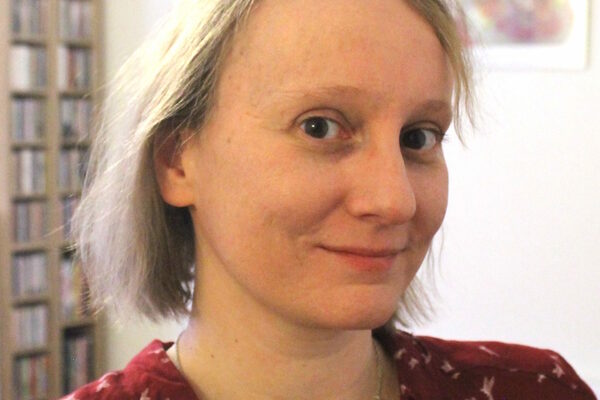
Eva Amsen finalist Research Policy or Funding Story of the Year
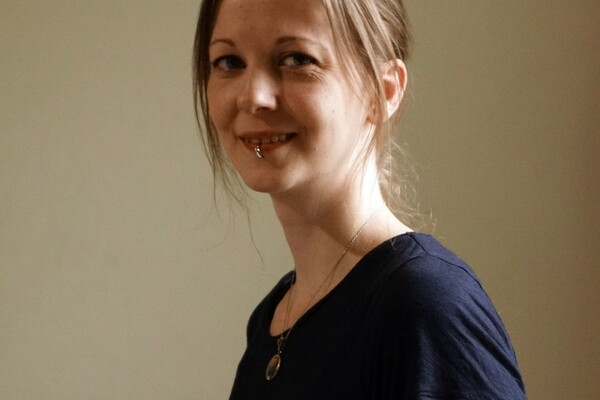
Claire Asher finalist Feature of the Year - General Audience
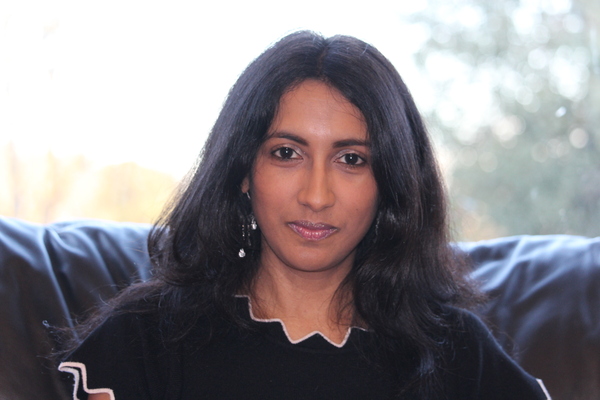
Shaoni Bhattacharya finalist Feature of the Year - Specialist Audience
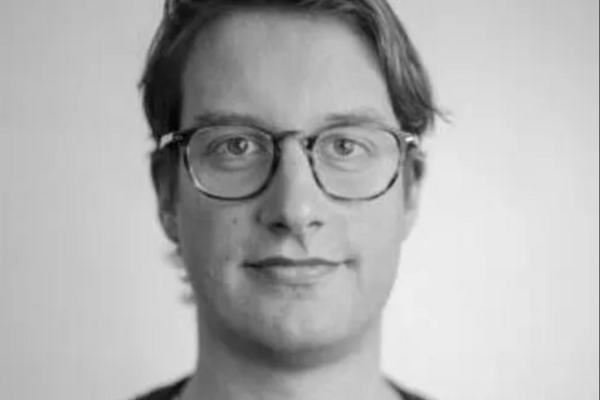
Matthew Chapman finalist Steve Connor Award for Investigative Science Journalism
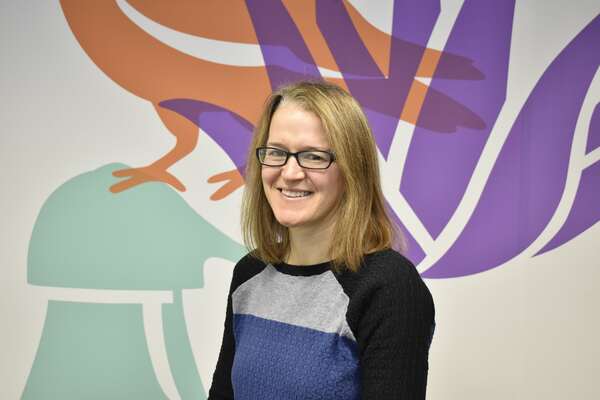
Dawn Connelly finalist Feature of the Year - Specialist Audience
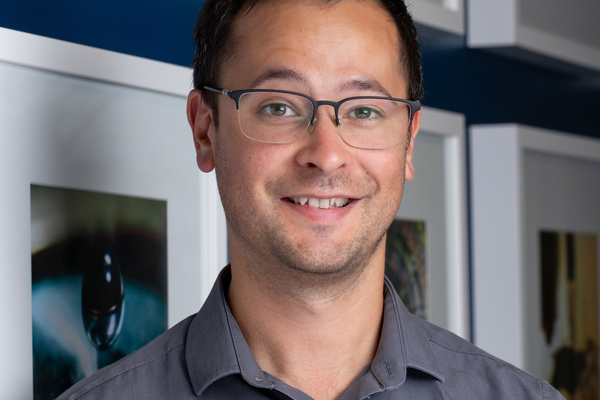
Jamie Durrani finalist Feature of the Year - Specialist Audience
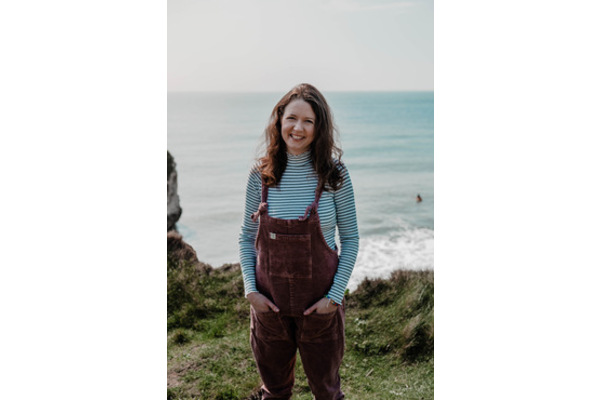
Emma Elobeid finalist Newcomer of the Year
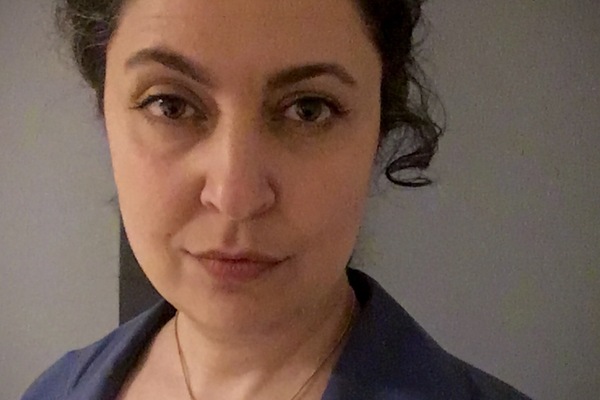
Azadeh Emadi finalist Dr Katharine Giles Award for best popular article written by a scientist or engineer
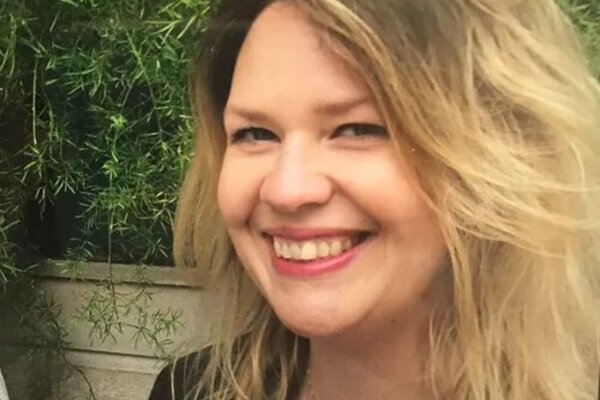
Katy Evans finalist Editor of the Year Award
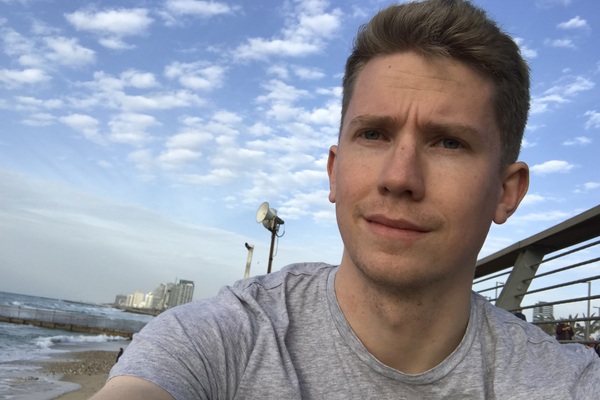
Rory Galloway finalist Science Podcast of the Year
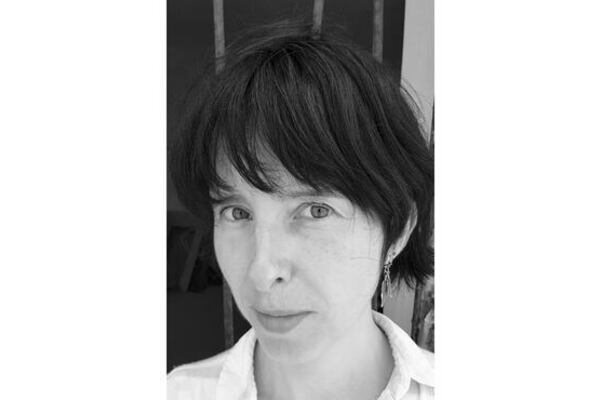
Chrissie Giles finalist Steve Connor Award for Investigative Science Journalism
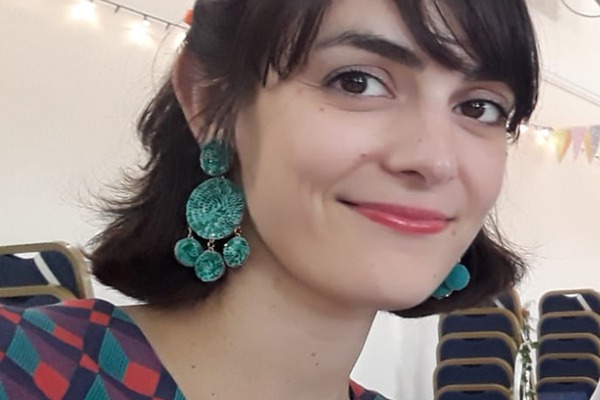
Jessica Hamzelou finalist News Analysis or Explanatory Reporting and News Item of the Year
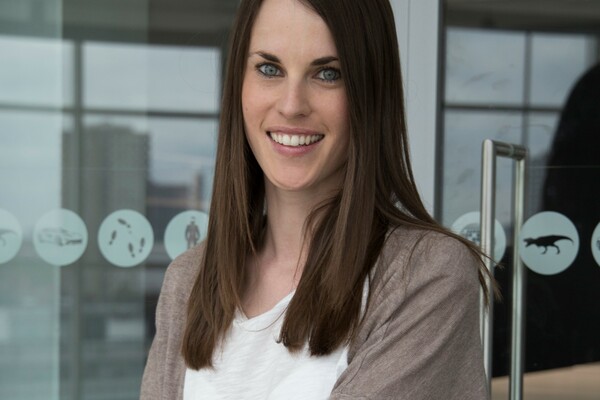
Melissa Hogenboom finalist Video of the Year Award
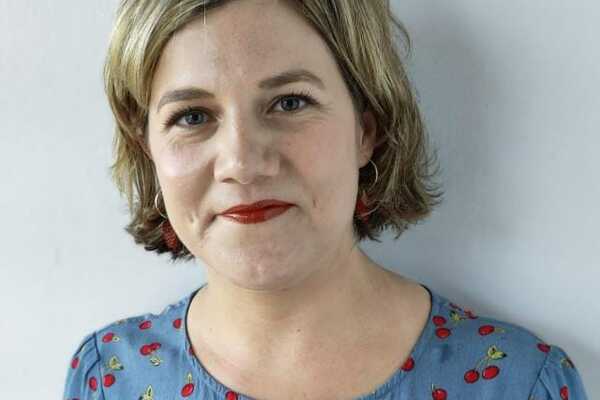
Charlotee Jee finalist Feature of the Year - General Audience
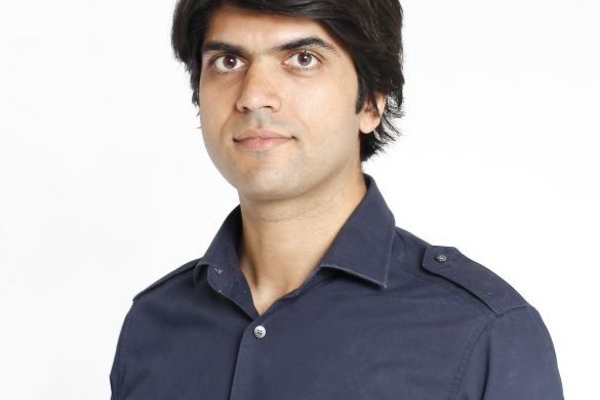
Alok Jha finalist Science Podcast of the Year & Opinion Piece or Editorial of the Year
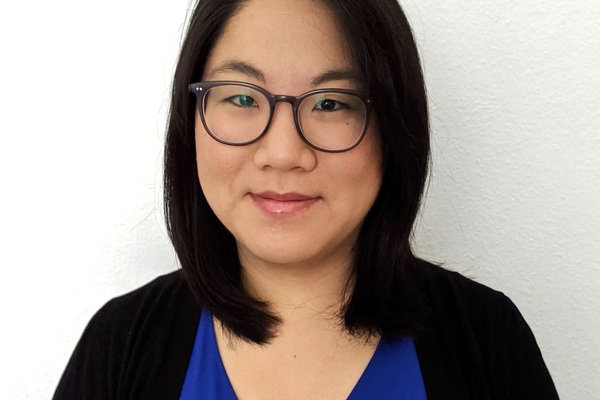
Diana Kwon finalist Feature of the Year - Specialist Audience
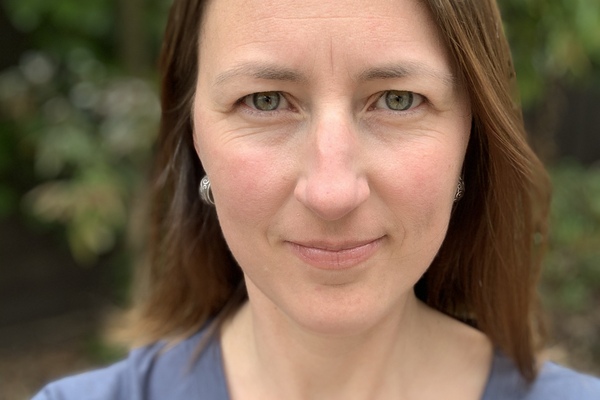
Dyani Lewis finalist Research Policy or Funding Story of the Year
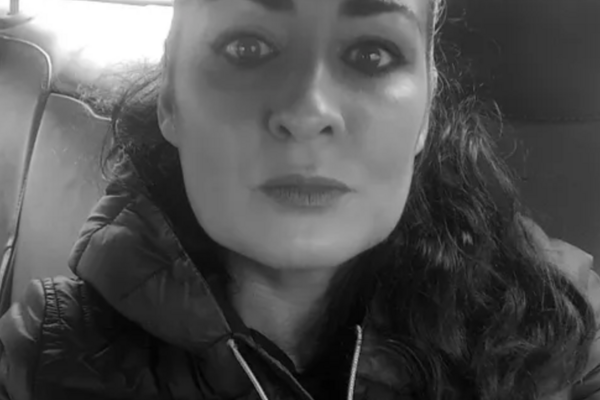
Laura Margottini finalist Steve Connor Award for Investigative Science Journalism
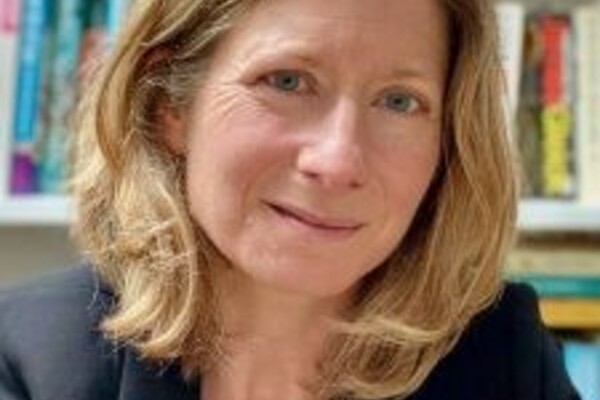
Jo Marchant finalist News Item of the Year
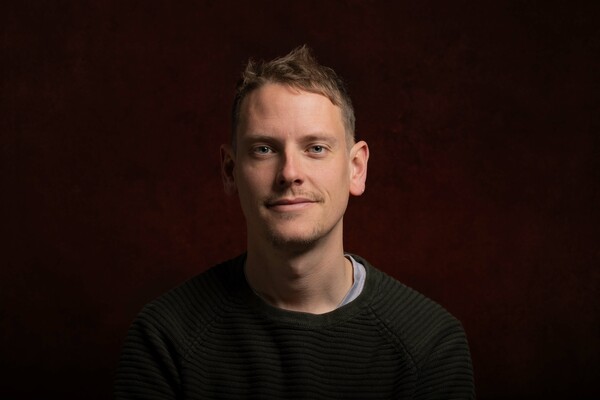
Geoff Marsh finalist Podcast of the Year Award
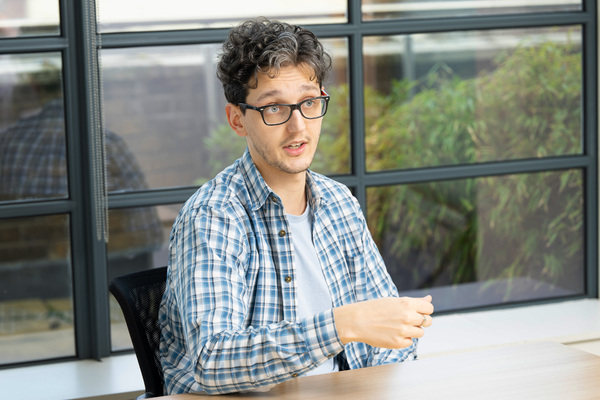
Nick Petric Howe finalist Podcast of the Year Award
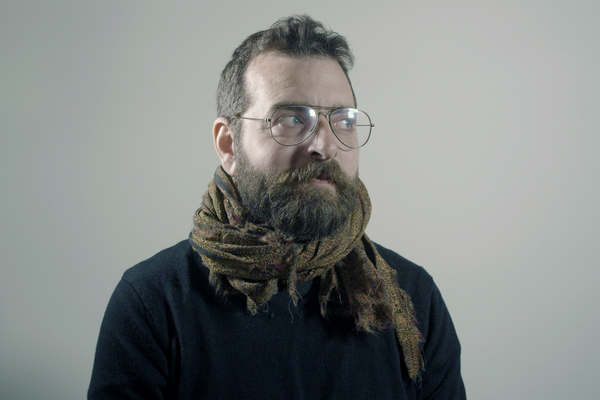
Pierangelo Pirak finalist Video of the Year Award
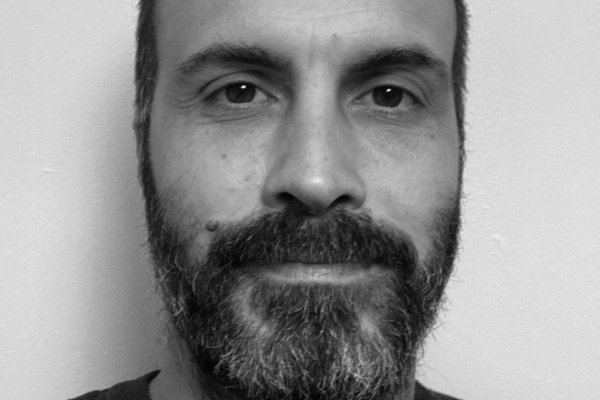
Nicolas Raufast finalist Science Podcast of the Year
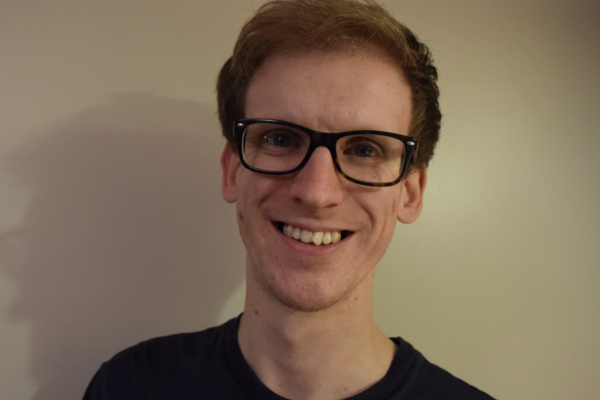
Matt Reynolds finalist News Analysis or Explanatory Reporting
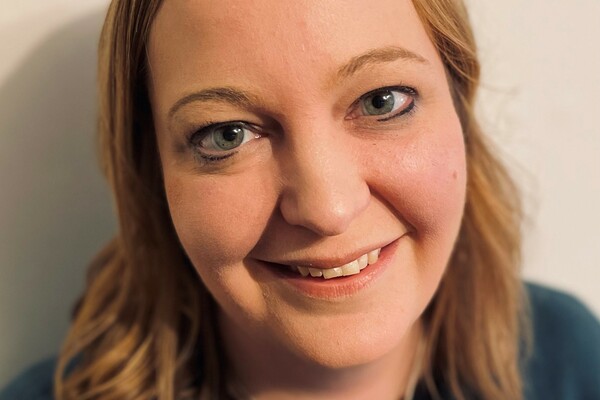
Sarah Richardson finalist Editor of the Year
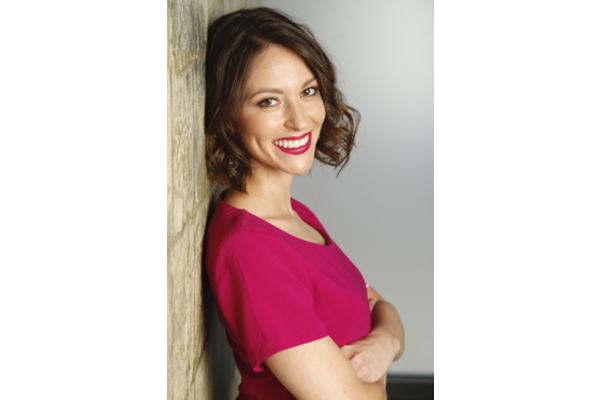
Amanda Ruggeri finalist Stephen White Award for reporting of science in a non-science context
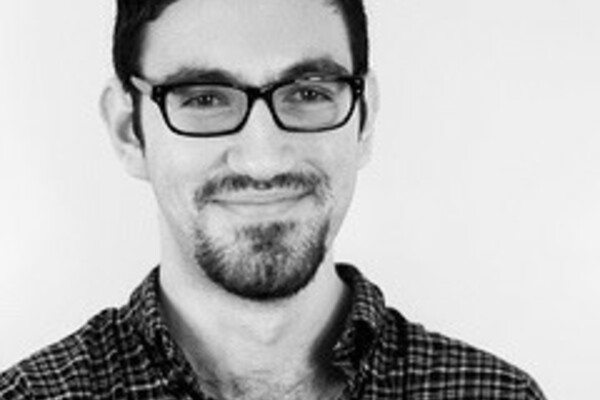
Andrew Silver finalist Research Policy or Funding Story of the Year
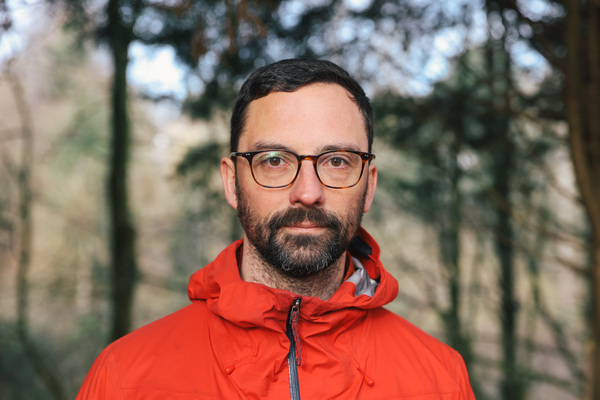
David Stock finalist Video of the Year Award
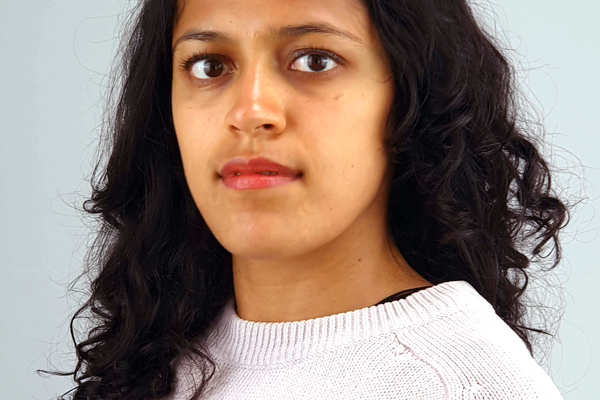
Ayesha Tandon finalist Newcomer of the Year
British Science Journalist of the Year
The winner of this award is automatically entered as the British entrant to the European Science Journalist of the Year Award
Alison George, Features editor, New Scientist
Last days of the bird genius lab, New
Scientist magazine
Cracking the code, New Scientist magazine
Why everything you thought you knew about posture is wrong, New Scientist
Judges Quote: Great writing across an
interesting and diverse range of topics, but most importantly had a significant
impact in reversing the closure of the Comparative Cognition Lab.
Martha Henriques, Senior Journalist BBC Future, & Editor of Future Planet
The
medical power of hypnosis, BBC Future
Why
does time go forwards, not backwards? BBC Future
The
mysterious inner life of the octopus, BBC Future
Judges Quote: She creates fascinating
stories with great reach from the esoteric far corners of science.
Ian Sample,
Science editor, the Guardian
UK government’s Covid advisers enduring
‘tidal waves of abuse’, The Guardian
‘This
looks like the real deal’: are we inching closer to a treatment for
Alzheimer’s? The Guardian
Life
will find a way: could scientists make Jurassic Park a reality? The
Guardian
Judges Quote: A real powerhouse, telling
important stories to a very wide audience, including uncovering the abuse
scientists have faced over their COVID-19 roles.
With thanks to The Association of the British Pharmaceutical Industry who support this award.
Dr Katharine Giles Award for best popular article written by a scientist or engineer
Azadeh Emadi, University of Glasgow, The
magic of touch: how deafblind people taught us to ‘see’ the world differently
during COVID, Insights - The Conversation
Judges Quote: An accomplished piece on a
deeply multi-disciplinary topic. Deploying multiple techniques, deftly woven
together, Emadi draws the reader in and humanises her own research on how the
deafblind community experienced the pandemic.
Antonio Padilla, University of Nottingham, 5 mind-bending numbers that could
reveal the secrets of the universe, New Scientist
Judges Quote: Breaks down his incredibly
complex world of theoretical physics and cosmology into five digestible chunks,
using analogy, metaphor and a touch of humour.
Christian (Kit) Yates, University of Bath, Why
mathematicians sometimes get Covid projections wrong, Guardian
Judges Quote: A concise and
understandable insider’s guide to mathematical modelling for COVID — the good,
the bad and the ugly.
With thanks to the Dr Katharine Giles Fund that supports this award.
Editor of the Year
Katy Evans,
Managing Editor, IFLScience.com
When Does A Theory Become A Fact? CURIOUS ISSUE 3 (October
2022)
What
Will "Living With COVID" Look Like, And Are We There Yet? www.iflscience.com
Is It
Possible To Change Your Personality? www.iflscience.com
Why
Archaeologists Are Not Looking For Atlantis, CURIOUS
ISSUE 2 (September 2022)
How
Citizen Science Is Changing The World, www.iflscience.com
Judges Quote: An outstanding year in
which Katy Evans showed both strategic vision and the mettle to bring the
vision into reality. Along the way she showed off many of the skills an editor
needs to be successful, effectively combining editorial, budgetary, staffing
and format development.
Sarah Richardson, Editor-in-chief, Research Professional News
Fraud:
the strange world of R&D tax cold calls, Research Professional News
UK
winners of EU grants given two-month ultimatum, Research Professional
News
US
Playbook: Speaking out, Research Professional News
Manchester
vice-president told to apologise over racism row, Research Professional
News
Ukraine:
Fighting on, Research Professional News
Judges Quote: Sarah's application stood out for the steady readership growth under her tenure and her ability to drive forward expansion without losing focus on core activities. We were particularly impressed with her ability to launch a new US product while continuing to oversee some hard hitting, impactful stories, and also taking the time to develop junior journalists.
Feature of the Year – General Audience
Claire Asher, & Glenn Scherer, Unseen
crisis: Threatened gut microbiome also offers hope for world, Mongabay
Judges Quote: This ambitious article
related ecological factors to the human microbiome. Instead of being a list, it
maintained an argument, narrative and engrossing
points. It left you wanting new members in your microbial community.
Charlotte Jee, Technology
that lets us “speak” to our dead relatives has arrived. Are we ready?
MIT Technology Review
Judges Quote: This accessible and
thought-provoking feature was written before the current excitement over
programs such as ChatGPT. It discussed how AI could
influence our personal lives -- a topic of huge public interest.
Oscar Schwartz, Fighting fire with fire: can
Aboriginal knowledge save the world from burning? 1843 magazine, the
Economist
Judges Quote: This well-written feature
on a new approach to stopping wildfires weaved human interest into a fresh take
on a worthy topic.
Feature of the Year – Specialist Audience
Shaoni Bhattacharya, Time to stop talking
about 'my generation'? The Psychologist
Judges Quote: The Psychologist, asks a
naïve question: is the notion of “a generation” of people of any value to
science? The well-sourced answer is that labels such as baby boomer and gen Z
are at best slippery concepts.
Ewen Callaway, What's next for AlphaFold and the AI
protein-folding revolution, Nature
Judges Quote: We all read in the
newspapers that AlphaFold had transformed the search
for protein structures. But how? This answers that question with some
first-class reporting.
Dawn Connelly, ‘My
whole world changed’: the repulsive smells that linger for months post COVID’,
The Pharmaceutical Journal
Judges Quote: A beautifully written
tale. We have bizarre signs and symptoms, human tragedy, what we know and don’t
know about the neuroscience, and news for sufferers and pharmacists.
Jamie Durrani, 50 years of artemisinin, Chemistry World
Judges Quote: A historical narrative you
may think you know, but we found the retelling of events surrounding the drug’s
emergence a big surprise. A well-told tale.
Diana Kwon, The rise of citational justice, Nature
Judges Quote: A strong human angle and a data-driven base. A call to action to make science more inclusive and will doubtless annoy some scientists (mainly white males) for reasons they may not be able to articulate, which is another of its qualities.
Newcomer of the Year
Simar Bajaj, Freelance
Pig
to human heart transplants are the future. Are we
ready for it? The Guardian
This
Follicle-Hacking Drug Could One Day Treat Baldness, WIRED UK
Voting is significant determinant of health, US medical association declares,
The Guardian
Judges Quote: Exceptional reporting of
important and complex scientific issues, such as xenotransplantation, which has
already resulted in international recognition.
Emma Elobeid, Ellen MacArthur Foundation (also Freelance)
A
Porpoise Named Peppa, Self-published using Shorthand
How
the circular economy can help us stay within planetary boundaries, Ellen MacArthur Foundation
More
than just a big idea: how technology can enable the circular economy, Ellen
MacArthur Foundation
Judges Quote: A very distinctive style
of writing and of presenting complex information that makes her reporting
particularly accessible to a lay audience.
Ayesha Tandon, Carbon Brief
Analysis:
How the UK’s ‘insane’ 40C heat was forecast ‘weeks in advance’, Carbon
Brief
Eradicating
‘extreme poverty’ would raise global emissions by less than 1%, Carbon
Brief
Polar
bears and climate change: What does the science say? Carbon Brief
Judges Quote: Expert reporting on
complex developments in climate policy, and her database of climate experts in
the global south is a very important new resource for science journalists.
With thanks to the Quadram Institute who support this award.
News Analysis or Explanatory Reporting of the Year
Rhys Blakely,
Is harvesting pig organs a giant leap ahead
or foolhardy? The Times
Judges Quote: A fascinating foray into a
timely topic, raising genuine ethical quandaries.
Jessica Hamzelou, A battle is raging over long covid in children, MIT
Technology Review
Judges Quote: A thorough, even-handed
exploration of what long Covid looks like in children.
Matt Reynolds, You're (Maybe) Gonna Need a Patent for That Woolly Mammoth, WIRED UK
Judges Quote: A well-written story
exploring the worrying potential of commercialisation in genetics.
News Item of the Year
Jessica Hamzelou, This company is about to grow
new organs in a person for the first time, MIT Technology Review
Judges Quote: Well-explained,
exceptionally interesting and - crucially - avoiding hype on a sensational
topic.
Jo Marchant,
First known map of night sky found hidden in
Medieval parchment, Nature
Judges Quote: A memorable exclusive: Via
great story telling and factful reporting it showed why this was important news.
Ian Sample, UK
government’s Covid advisers enduring ‘tidal waves of abuse’, The Guardian
Judges Quote: Reporting on an important
issue that went the extra mile to create a worthwhile new story.
Opinion Piece or Editorial of the Year
Anjana Ahuja, Science should beware being drawn into the asylum seeker debate, Financial Times
Judges Quote: Anjana Ahuja marshals the
evidence that biological age assessments are scientifically flawed and that
their use in deportation cases only adds more uncertainty to decisions that
are, at best, ambiguous.
Alok Jha, Rise
of the robots, The Economist
Judges Quote: Beautifully
crafted, this editorial challenges the usual, and
lazy, narrative that an increasing reliance on robots will damage society.
Christian (Kit) Yates, How
true is it that girls just ‘don’t like’ hard maths? The Independent
Judges Quote: In holding policymakers to
account using clear, evidence-based reasoning, this piece does just what a good
opinion piece should.
Science Podcast of the Year
Rory Galloway, Alok Jha, & Nicolas Raufast, Artificial
intelligence enters its industrial age, Babbage Podcast on Acast, Apple Podcasts, Spotify etc
Judges Quote: Broadcast in June
2022, this Podcast foretold the dangers which recently made headline news.
Opening with a delightful argument about the script between the presenter and
an AI presenter, the piece explains clearly the science,
and the dangers, surrounding AI, with strong interviews from experts and from
artists experimenting with AI.
Structuring the piece as an unfolding story made it more than simply a
series of explanations and discussions, and more absorbing.
Nick Petrić Howe, & Tulika Bose, Racism in Health:
the harms of biased medicine, Nature Website and podcast providers
Judges Quote: Interesting, important and impactful, great scientific content and also clearly explained, an important story really well-told.
Geoff Marsh, & Noah Baker, Recreating the lost sounds of spring, Nature.com
Judges Quote: The perfect story
for creative use of sound effects and they were well-chosen and crafted without
being excessive. Technical quality,
writing and presentation were superb. A delight to listen to.
Ian Sample, Madeleine Finlay, Tony Onuchukwu, & Lorna Stewart,
James
Webb space telescope: thousands of galaxies in a grain of sand, The
Guardian
Judges Quote: The top astronomy story of
the year, told clearly and engagingly. Nice use of actuality at the start and a
single (good) interviewee.
Research Policy or Funding Story of the Year
Anjana Ahuja,
Research funding lottery could tackle 'status bias', Financial Times
Judges Quote: A solid story, clear and
well written.
Eva Amsen, Broken Horizon: UK medical research struggling with funding and collaborations gap after Brexit, British Medical Journal
Judges Quote: Good reporting about an
important issue, with the potential for impact. A good mix of numbers/data and
personal stories all the way through.
Dyani Lewis,
Why the WHO took two years to say COVID is airborne, Nature
Judges Quote: Well informed and
knowledgeable. Accessible to a wider audience, it provided a balanced
perspective, but did not shy away from pointed criticism.
Andrew Silver, Polar research: Frozen out, Research Europe
Judges Quote: A really
good piece written on an important topic. The reporting is challenging,
executed well, and clearly written.
Royal Society Audio Award
Leana Hosea, Rachel Salvidge, Emma Campbell, Alasdair Cross, & Dimitri Houtart, Costing the Earth:
Britain’s Dark Waters, BBC Radio 4 & BBC Sounds
Judges Quote: The story-telling
structure kept the listener’s attention throughout, through its variety of locations,
powerful examples, eloquent first-hand testimony and clear, persuasive sync
from experts.
Victoria
Gill, & Julian Siddle, BBC Inside Science:
Biodiversity, BBC Radio 4 & BBC Sounds
Judges Quote: We were impressed with the
speed with which this programme was put together. We were equally impressed by
the range of eloquent international voices discussing the issues of
biodiversity – evidencing that the loss of diversity is down to human activity,
that the loss will impact severely on the human race,
but that catastrophe can still be avoided.
Caroline Steel, & Marnie Chesterton, Human v Machine, BBC Sounds
Judges Quote: This was a fun listen
using a number of audio techniques to grab the
audience. The informal style adopted drew the listener in. An attractive way to
encourage the audience to think about science.
With thanks to the Royal Society who
support this award.
Stephen White award for reporting of science in a non-science context
Amanda Ruggeri, Male
postnatal depression: Why men struggle in silence, BBC Worklife
Judges Quote: The fascinating account of
a (male) paediatrician with postnatal depression, exploring how even those who
should be most familiar with this little-known condition can remain undiagnosed.
Dan Saladino, & Dimitri Houtart, Nutrition’s
Dark Matter: The New Science of Eating, BBC Radio 4 & BBC Sounds
Judges Quote: An engaging deep dive into
the compounds in our food that science is increasingly revealing as essential
to long-term health, bringing biochemistry and food journalism together for a
new audience.
Steve Connor Award for Investigative Science Journalism
Judges Quote: Really
strong field of entries this year with a brilliant use of data and
willingness to take on large interest groups.
Zachary
Boren, Revealed:
How the livestock industry funds the ‘greenhouse gas guru’,
Unearthed & New York Times
Judges Quote: A comprehensive investigation
on a topic of crucial importance to science - the independence of research
institutions. Great use of Freedom of Information and other investigative
techniques.
Emma Howard, & Crispin Dowler, Satellites
reveal widespread burning on England’s protected peatlands, despite government
ban, Unearthed. Additional credits: Data processing by Anne Harris,
Edikan Umoh and Olufadeke Banjo. Video production by Ali Deacon.
Judges Quote: Very strong investigation
that involved extensive research and analysis written in a digestible way. It
was great to see the wide-ranging real world impact of
the team's work, including the launching of a government investigation into the
issue.
Laura Margottini,
Matthew Chapman, Chrissie Giles, & Paul Eccles, Philip
Morris misleading the public about nicotine in heated tobacco,
TBIJ.com, Mail, Guardian & Il Fatto Quotidiano
Judges Quote: An innovative approach to
overcome a lack of scientific research on the issue. It is extremely difficult
to take on the tobacco industry, one of the world's largest lobbyists. Great
work!
Video of the Year Award
Melissa Hogenboom, & Pierangelo Pirak, Split
at Birth: Twins Divided, BBC TV News, iPlayer & BBC Reel
Judges Quote: A powerful documentary
about twin separation studies, featuring excellent storytelling and an engaging
visual style. The filmmakers got very good access to compelling interviewees,
highlighting the special connection that can exist between twins and the impact
that these troubling experiments had on the people involved.
David Stock,
Piecing together the story of ancient
glass after the Beirut explosion, New Scientist
Judges Quote: This film about a
scientific silver lining was interesting and poignant, with a hook that grabbed
our attention and beautiful imagery throughout.
Akshat Rathi, Michael Byhoff, & Alan Jeffries, The Huge, Weird Batteries
of the Future, YouTube & Bloomberg.com
Judges Quote: A brilliant job of making the dull and unimportant sounding topic of batteries utterly fascinating. Great locations, slick visuals and snappy pacing made for an enjoyable watch





